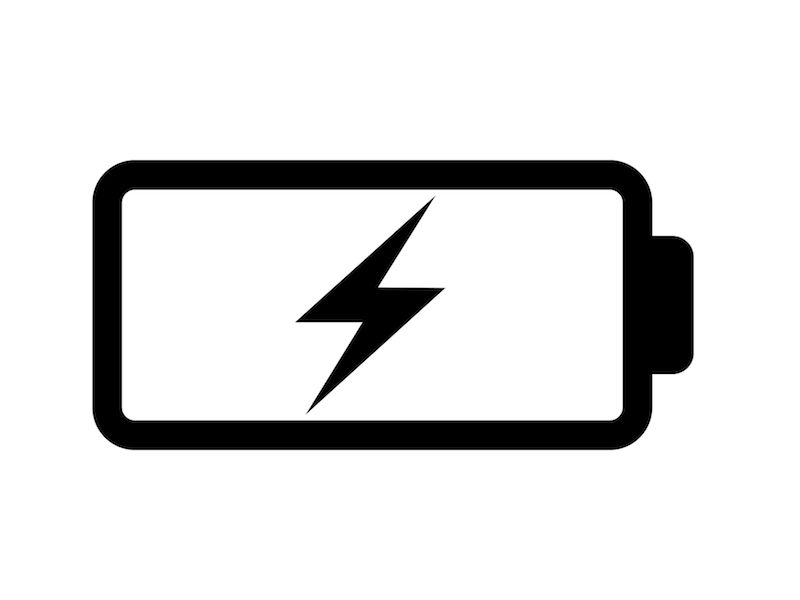
Stressing about running low on batteries is something you shouldn’t have to do with rechargeable hearing aids, but when you depend on this technology, it may make you a little nervous. Do rechargeable hearing aids work, and do they work as well as marketed?
The anxiety is understandable and so are the question you might have. A hearing aid is often as important for the enjoyment of a tv show or a movie as it is for a trip to the grocery store or any other part of everyday life. When a piece of technology impacts so many facets of your life, it’s essential that it work properly and reliably.
How Do I Know What Type of Battery I Have?
By default, most modern hearing aids have rechargeable batteries, so if you bought your hearing aids recently it’s likely that your hearing aids will have one of two battery types. Silver-zinc batteries, which can normally be distinguished by a battery door on the device, are rechargeable, but every so often they have to be replaced. A Lithium-ion battery, however, will not have a battery door because the batteries will last as long as the hearing aid does.
How to Care For Your Rechargeable Hearing Aid
For the most part, rechargeable hearing aids do work, and they work well. As battery technology has advanced in the last several years, the reliability of these devices has increased substantially. As with any other electronic device, however, there are a few easy maintenance procedures that users can follow to increase the dependability of their rechargeable hearing aids.
- Keep Your Hearing Aids Clean and Dry: Your hearing aids will collect moisture, dust, and debris regardless of how often you use them. Any combination of these three elements can undercut the capacity of your battery and can obstruct charging in sufficient quantities. That’s why it’s essential to keep your hearing aids clean and dry specifically when connecting your hearing aid to its charging station.
- Be Mindful of Wires: Either the hearing aid itself or the charging station will contain some type of wire element on most hearing aids. Most hearing aid users are counseled to be careful of these wires; do not pull or hold your device by these wires as this will damage the connections that allow your hearing aid to charge.
- The Charging Station is Where Your Hearing Aids Should be Kept: If your hearing aids have rechargeable batteries, you can extend your device’s battery life by making sure that you consistently store your hearing aids on their charging station. Charging a battery that is not fully drained does not diminish the long term life of your battery. As a matter of fact, you can actually enhance the life of the battery by making certain your hearing aids are charging while not in use. A simple reminder, for most people, to charge their device when it’s not used, is to put the charging station on a table beside their bed.
How to Change a Rechargeable Battery
Lithium-ion batteries should last the lifespan of your device. So replacing those batteries shouldn’t be something you ever have to be concerned about. Your hearing aids can then be simply charged as long as necessary.
However, you will need to occasionally change the batteries if you have a hearing aid that uses silver-zinc batteries. The lifespan of your battery can be improved by changing them in the correct way. Because of this, hearing professionals recommend the following:
- Until you’re ready to use the batteries, don’t remove the plastic tabs or packaging.
- Store batteries in a room temperature place that is also sure to be dry.
- Clean and free of moisture is the state that your battery compartment should be kept in.
- Five minutes before removing any tabs that may be attached let the batteries sit at room temperature.
- Before replacing batteries, don’t forget to wash your hands.
Long Periods of Non-Use
If you are planning not to use your hearing aids for long amounts of time, leaving them on the charger might no longer be the best way to store your devices. Just disconnect your hearing aid and put it in a cool dry spot if, for example, you know you won’t be wearing them for a few weeks or a month.
If your hearing aids utilize silver-zinc batteries, you may also think about leaving the battery door open so that you can stop moisture from corroding your batteries.
Keep it Charged Every Day
All your general needs should be satisfied if you charge your hearing aids once per day. To get 24 hours worth of battery life with a lithium-ion battery will usually only require 3-4 hours per day.
Do rechargeable hearing aids work? They don’t only work, they are becoming more common every day. Contact your local hearing aid retailer to see all the different models

